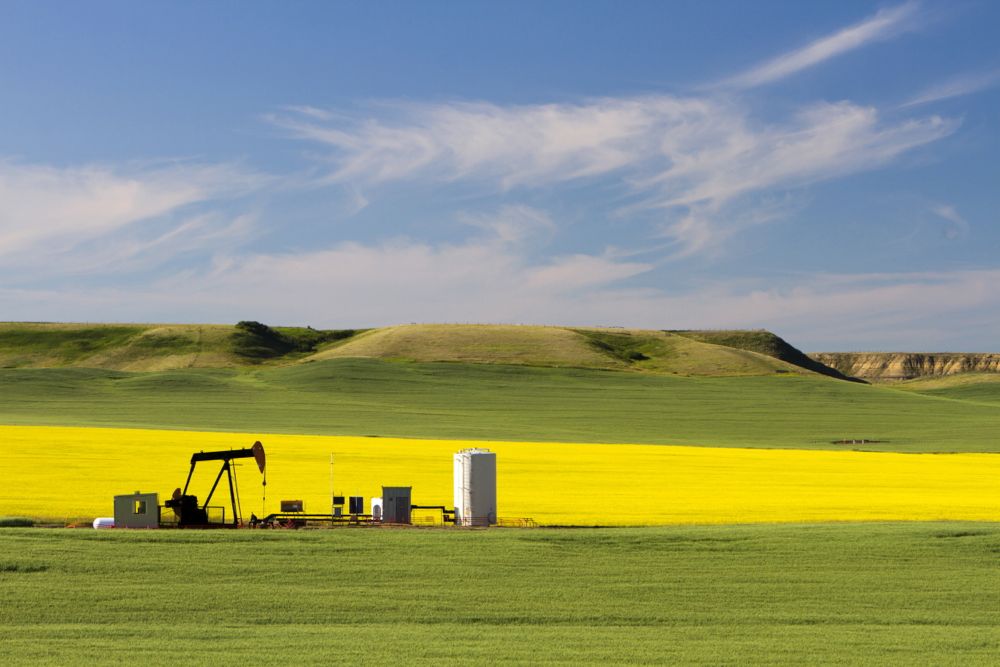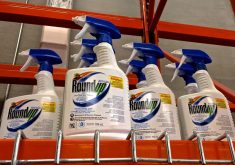Ottawa/Winnipeg | Reuters — Canada’s Supreme Court ruled on Thursday that bankrupt oil companies must clean up inactive wells, overturning lower court decisions that prioritized paying creditors and potentially raising the risks of investment in the industry.
The 5-2 ruling means that the Alberta Energy Regulator (AER), which had appealed the earlier court decisions, can order the cleanup of inactive wells even when their owners have filed for bankruptcy protection.
“Bankruptcy is not a license to ignore rules,” the court said in a written decision.
Read Also

U.S. grains: Corn sets contract lows on expectations for big US crop
Chicago Board of Trade corn futures set contract lows and soybean futures sagged on Friday on expectations that beneficial weather for U.S. crops will lead to bumper harvests, analysts said.
Alberta had 3,127 “orphan wells” — wells requiring cleanup that had no financially responsible owner — as of late January, according to the Orphan Well Association, which is funded by levies paid by Canadian oil producers.
The ruling reduces the cleanup burden on the association, which is overseen by the regulator, but may raise the perceived risk of investing in the Canadian oil industry.
Investors may now avoid companies with higher risk of abandonment liability, such as Cardinal Energy, Bonavista Energy and Obsidian Energy, analysts at Raymond James said in a note.
The Canadian oil industry has been dogged in recent years by pipeline constraints that have reduced prices and a reputation for environmentally damaging production methods, factors that have driven some investors away.
In 2016, an Alberta judge ruled that proceeds from asset sales of insolvent producer Redwater Energy should go first to secured creditors, rather than toward cleanup. The decision was upheld by the provincial’s appeal court.
At the time of Redwater’s bankruptcy, it owned 84 wells, most of which were inactive, and owed $5.1 million to its bank, ATB Financial.
The receiver and trustee in the Redwater proceedings, Grant Thornton, could not be immediately reached for comment.
The AER, in a statement Thursday, said it’s “now working to understand the full implications of the… decision and what it means for the AER and Albertans” and expects its review to take “several weeks.”
The regulator said it can now “align our plans with the court ruling as we continue to build a new liability management framework,” adding it’s “steadfast in our belief that the public should not be on the hook for the closure and reclamation costs of insolvent licencees.”
Alberta farmers who host well sites on their land have been among those waiting for the Supreme Court ruling.
Daryl Bennett, a farmer and director of the Alberta Surface Rights Federation, told Alberta Farmer in April that if the Supreme Court were to uphold lower court rulings in the Redwater case, a flood of abandoned wells would follow.
— Reporting for Reuters by Dale Smith in Ottawa and Rod Nickel in Winnipeg. Includes files from Glacier FarmMedia Network staff.















